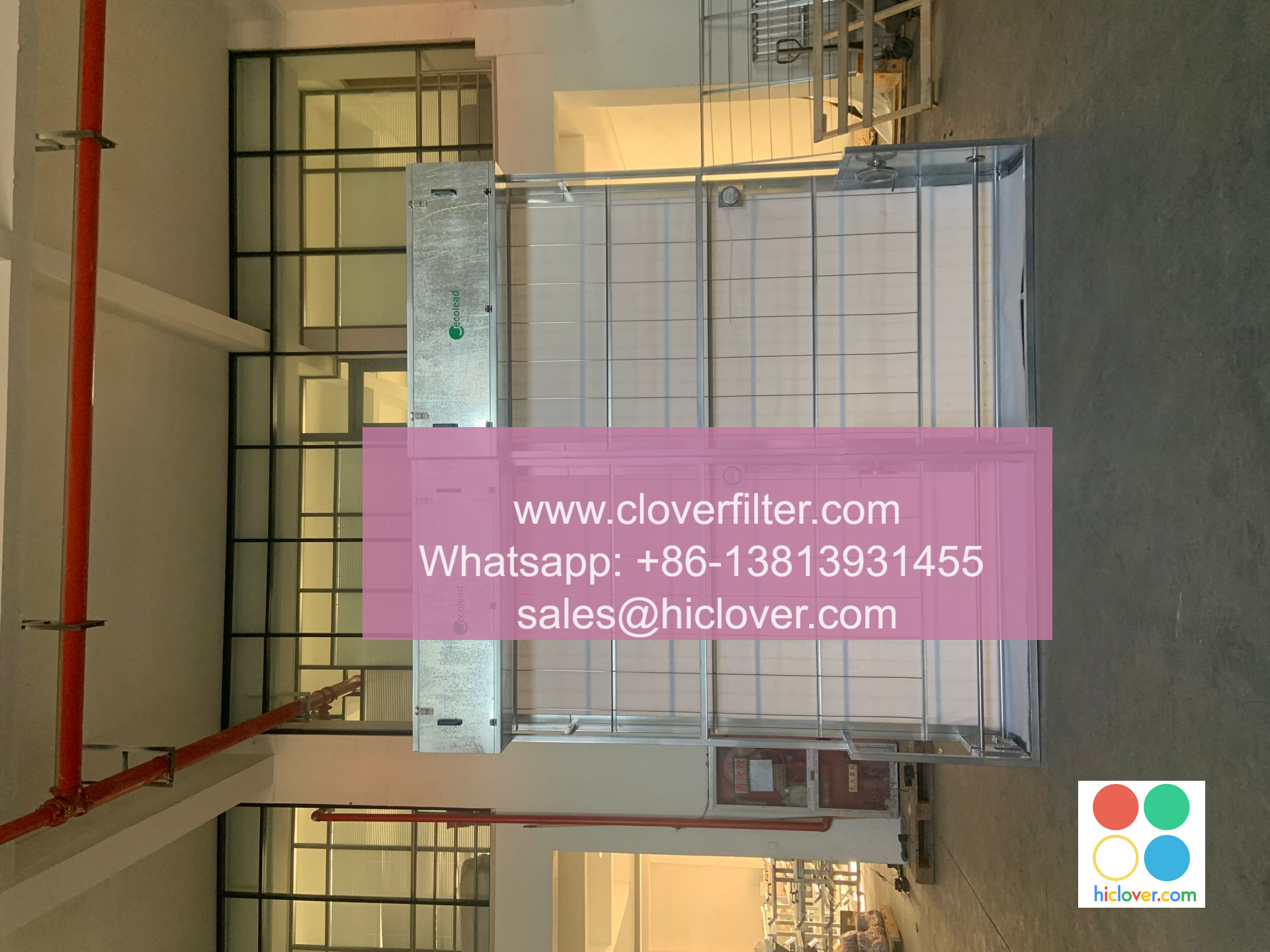Why Air Filters Fail: Common Failure Modes and their Causes

Air filters are a crucial component in various applications, including industrial processes, heating, ventilation, and air conditioning (HVAC) systems, cleanrooms, and automotive systems. They are designed to remove contaminants and pollutants from the air, ensuring a clean and healthy environment. However, air filters can fail, leading to reduced indoor air quality, increased energy consumption, and even equipment damage. In this article, we will explore the common failure modes and their causes, highlighting various application areas.
1. Poor Maintenance and Cleaning
One of the primary causes of air filter failure is poor maintenance and cleaning. Dust and dirt accumulation can lead to reduced filter efficiency and increased pressure drop. In industrial settings, failure to clean or replace filters regularly can result in equipment downtime and production losses. Similarly, in residential HVAC systems, neglecting to clean or replace filters can lead to reduced system performance and increased energy bills.
2. Incorrect Filter Selection
Selecting the wrong air filter for a specific application can also lead to failure. Filter media and construction must be suitable for the airflow rate, temperature, and humidity conditions in which they will operate. For example, in cleanroom applications, HEPA (High Efficiency Particulate Air) filters are required to remove 99.97% of particles 0.3 μm or larger. Using a filter with a lower MERV (Minimum Efficiency Reporting Value) rating can compromise the cleanliness of the environment.
3. High Humidity and Moisture
High humidity and moisture can cause air filters to fail, particularly in coastal or high-humidity environments. Water vapor can condense on the filter media, leading to microbial growth and reduced filter efficiency. In food processing and pharmaceutical applications, this can result in contamination and product spoilage.
4. Chemical and Gas Exposure
Chemical and gas exposure can also cause air filter failure. In industrial processes, chemical vapors and gases can react with the filter media, leading to degradation and reduced filter life. For example, in chemical plants, activated carbon filters may be used to remove volatile organic compounds (VOCs) and other gases. However, if the filter is not designed to handle the specific chemicals and gases present, it can fail, leading to unsafe working conditions and environmental hazards.
5. Physical Damage and Installation Issues
Physical damage and installation issues can also cause air filter failure. Improper installation can lead to air leaks and reduced filter efficiency. In HVAC systems, filter frames and gaskets must be properly sealed to prevent air bypass and filter failure. Additionally, physical damage to the filter media or frame can compromise the filter’s performance and overall system efficiency.
Conclusion
Air filter failure can have significant consequences, including reduced indoor air quality, increased energy consumption, and equipment damage. By understanding the common failure modes and their causes, we can take steps to prevent air filter failure and ensure a clean and healthy environment in various application areas, including industrial processes, HVAC systems, cleanrooms, and automotive systems. Regular maintenance, proper filter selection, and consideration of environmental factors are essential to extending air filter life and maintaining optimal system performance. Prompt

